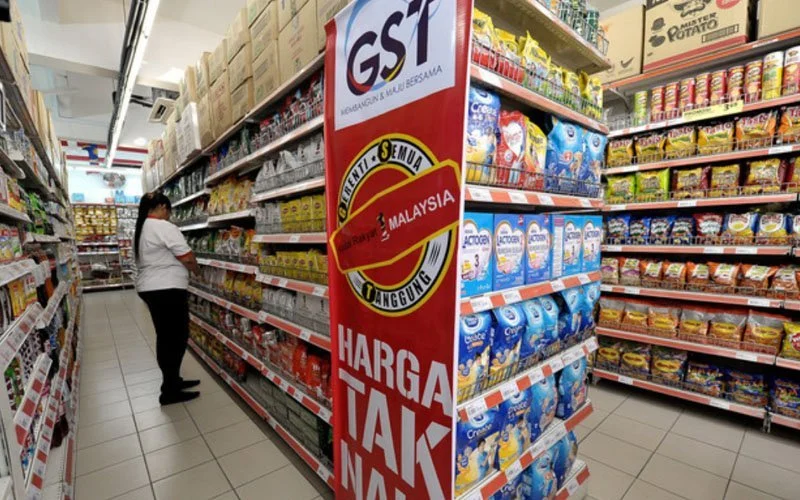
PETALING JAYA: Economists have warned the government against postponing the increase in tax rates and rationalisation of subsidies despite calls from both sides of the political divide to defer their implementation.
Chong Yoong Wen, an economist with think-tank Bait al-Amanah, said businesses have already incurred “menu costs” – the cost incurred of price adjustments – following an increase in the sales and service tax (SST) rate which took effect on March 1.
Any deferment of the new rates would result in businesses having to incur additional costs to readjust their prices again in future, he said.
Postponing the implementation of the new tax could affect consumers as the cost incurred in multiple price adjustments may be passed down to consumers, he said.
“Neither is in the interest of the government. Such a move (deferring the implementation of the new tax rate) would also undermine confidence in the government,” Chong told FMT.
He said the broadening of the tax base and rationalisation of subsidies are necessary measures, especially since the country’s fiscal deficit jumped from between 3-3.5% pre-pandemic to 5% or more in 2022 and last year.
On Tuesday, former prime minister Muhyiddin Yassin called for Putrajaya to postpone its plan to rationalise petrol and diesel subsidies, saying the public was already struggling with rising prices and increased tax rates.
Meanwhile, former finance minister Lim Guan Eng suggested that the SST rate increase and the imposition of a high-value goods tax be deferred until year-end to allow for economic growth.
Tan Peck Leong of Universiti Teknologi Mara (UiTM) said economic reforms via increasing taxes and the introduction of new taxes cannot be deferred as the country must generate more revenue for its coffers.
“It is a bitter pill that is vital to put the country’s fiscal position in a healthy condition.”
Tan said the Pakatan Harapan government’s decision to abolish the goods and service tax (GST) in 2018 has depleted government coffers
It was therefore necessary for the government to find an innovative way to bolster the country’s fiscal health, he said.
Tan described the SST and HVGT as “prudent” alternatives as they only target non-essential goods, sparing 80% of the population’s tax burden.
“However, we cannot ignore the potential repercussions.
“The middle-income and low-income strata might still find themselves grappling with the fallout if these taxes are indiscriminately passed down to them through inflated prices and profiteering,” he said.
As such, Tan said the government must play a proactive role in preventing any potential abuse. - FMT


No comments:
Post a Comment
Note: Only a member of this blog may post a comment.